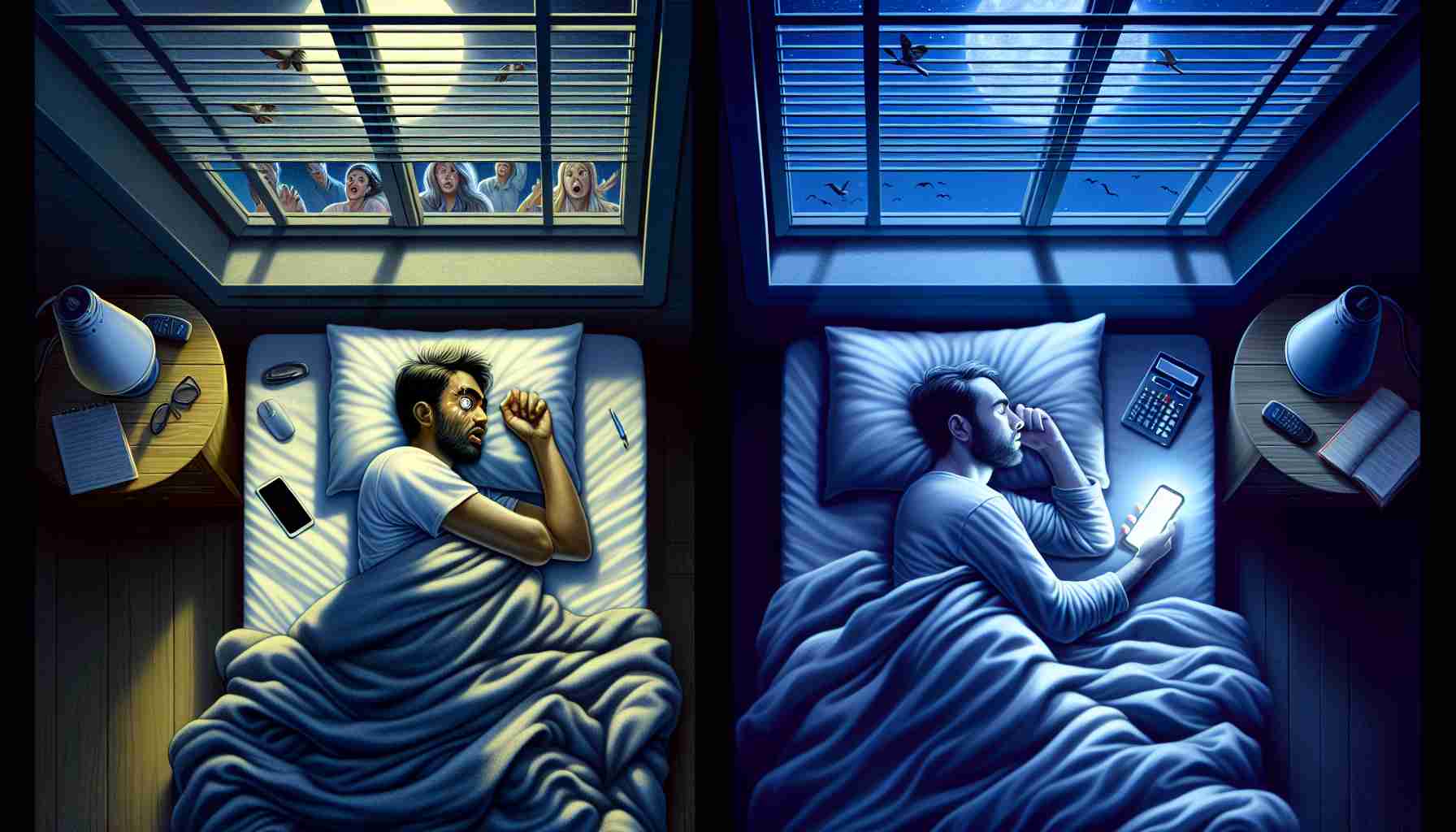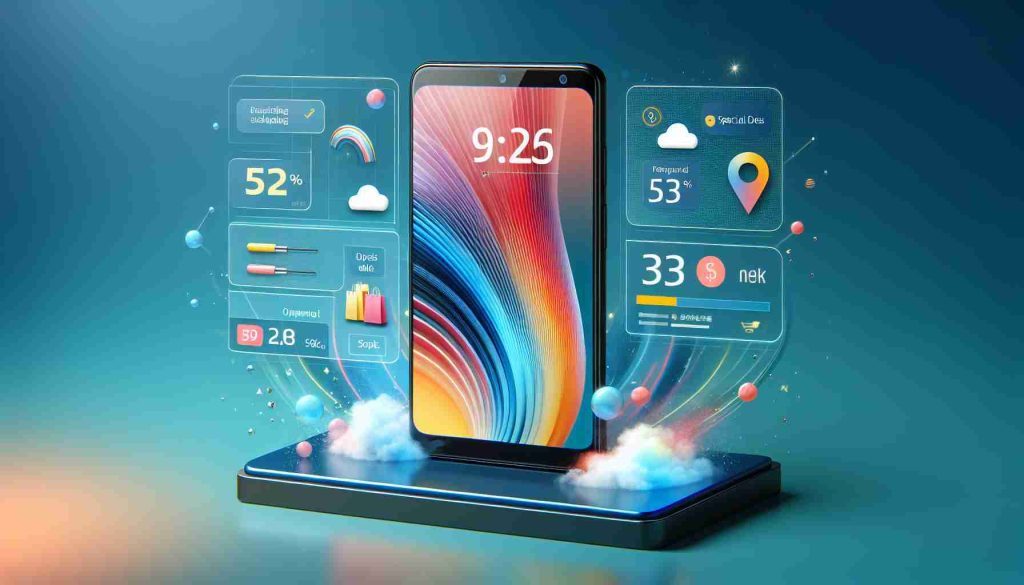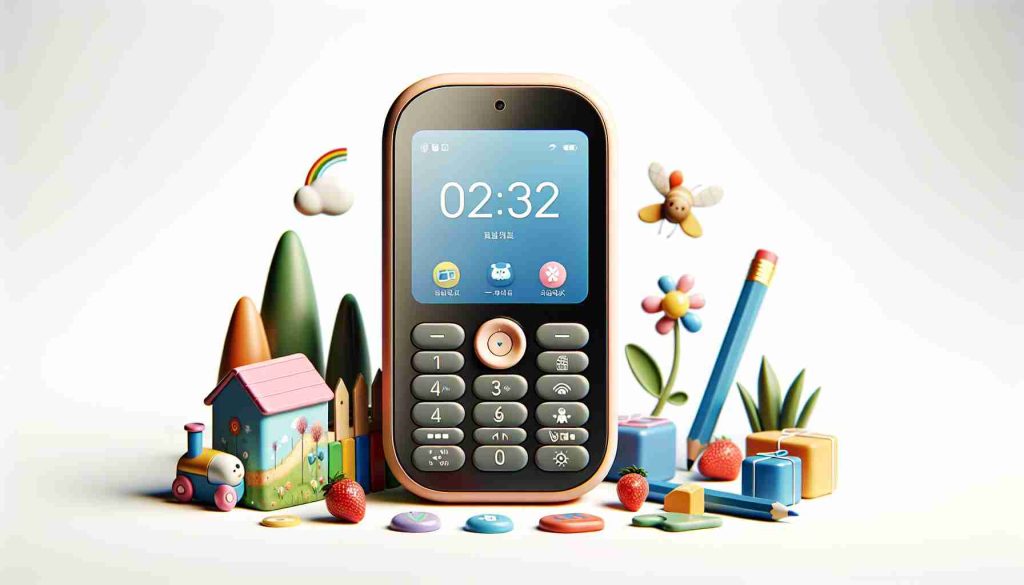Technology and Sleep Patterns: Contrary to popular belief, the influence of bright blue light emitted by screens on sleep quality may not be as significant as previously thought. Recent research conducted by sleep experts from various countries reveals a more nuanced relationship between technology use and sleep patterns. While there is a connection between the two, it is not as straightforward as assumed.
How Technology Affects Sleep: Studies indicate that the use of bright screens before bedtime may slightly delay the onset of sleep, with individuals taking an average of only 2.7 minutes longer to fall asleep. However, the impact of screen brightness on other aspects of sleep, such as total duration and quality, appears to be negligible.
Content Engagement: Engaging with stimulating content on devices, such as video games, may lead to a minor reduction in sleep time compared to less engaging activities. The excitement generated from interactive content can affect sleep duration by around 3.5 minutes on average. This suggests that the type of technology content consumed may have a limited impact on sleep quality.
Disruption of Sleep: Nighttime interruptions, such as receiving text messages that disrupt sleep, and the displacement of sleep time by extended technology use can contribute to sleep loss. While technology usage has been associated with reduced sleep in certain scenarios, it is not directly correlated with exposure to bright blue light before bedtime.
The Melatonin Factor: The theory behind the impact of blue light on sleep involves melatonin, a hormone that regulates the sleep-wake cycle. Natural light exposure during the day, rich in blue light, signals our brain to stay alert. As natural light diminishes in the evening, melatonin production increases, promoting drowsiness. While artificial device light may interfere with melatonin production, the actual levels required to significantly impact sleep quality are considerably higher than what screens emit. Natural sunlight provides a much more intense level of light compared to device screens.
New Insights on Technology and Sleep: Recent studies have uncovered additional factors related to technology use that can impact sleep quality. One lesser-known aspect is the effect of device notifications and alerts on sleep disturbances. The constant buzzing or beeping of phones during the night can disrupt sleep cycles, leading to fragmented and less restorative rest. This highlights the need to not only consider screen brightness but also the overall interaction with devices in the nighttime hours.
Key Questions and Answers:
– How do notifications affect sleep? Notifications from devices can disrupt sleep by causing awakenings throughout the night, affecting the overall quality of rest.
– What are the implications of prolonged technology use before bedtime? Extended use of technology before sleep can not only delay the onset of sleep but also impact the continuity of sleep by fragmenting it with interruptions.
– Is there a difference between types of technology content on sleep? Engaging with different types of content can have varying effects on sleep duration and quality, with more stimulating content potentially leading to greater disruptions in sleep patterns.
Challenges and Controversies: One of the key challenges surrounding technology’s impact on sleep quality is the widespread adoption of devices in modern society. Many individuals rely on screens for work, entertainment, and communication, making it difficult to completely avoid technology before bedtime. This dependency raises concerns about the long-term consequences on sleep health and overall well-being.
Advantages and Disadvantages: While technology offers convenience and connectivity, its negative effects on sleep cannot be overlooked. Advantages include access to information, entertainment, and communication, whereas disadvantages encompass potential disruptions to sleep patterns, increased exposure to stimulating content, and the interference with natural circadian rhythms.
For further information on improving sleep quality and reducing the negative impact of technology on rest, you may visit the Sleep Foundation for comprehensive resources and tips on healthy sleep habits.























